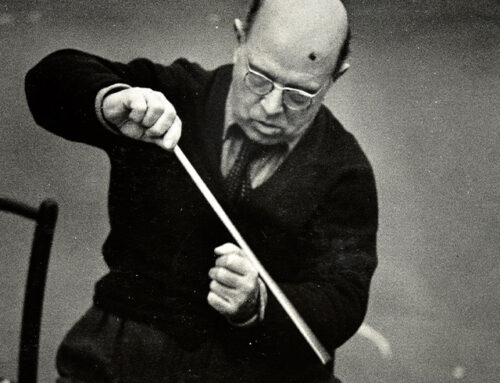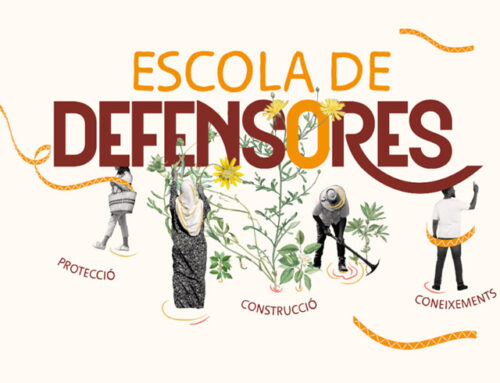
05/06/2025
Winners of the Pau Casals UNESCO Chair Research Grants 2025
The research projects “Pau Casals and the Nobel Peace Prize: a candidacy during the Cold War” and “Music against conscription: cultural resistance and anti-militarist protest in Spain (1984–2002)” have been selected as the winners of the Pau Casals UNESCO Chair Research Grant Call 2025.
The grants programme’s third call received 58 proposals from 27 different countries and awarded two research studies focused on the role of music in contexts of conflict and repression.
The Pau Casals UNESCO Chair –the result of an agreement between the Pau Casals Foundation and the Universitat Oberta de Catalunya (UOC)– aims to promote research and knowledge about Casals’ musical and humanistic legacy.
This year, the third call for research projects, open to students and researchers from around the world, received a total of 58 diverse proposals focused on Pablo Casals musical and humanistic legacy, peacebuilding, and the role of music in conflict prevention. The submissions came from twenty-seven different countries: seven originated from catalan universities and research centers, nine from institutions in other parts of Spain, and forty-two from international institutions.
The selection committee emphasized the quality, relevance, and interest of the proposals submitted and has decided to award two grants for the projects: “Pau Casals and the Nobel Peace Prize: a candidacy during the Cold War”, submitted by Dr. Joan Esculies Serrat, and “Music against conscription: cultural resistance and anti-militarist protest in Spain (1984–2002)”, submitted by Andrés López Estapé and Violeta Caballero Caballero.
Dr. Joan Esculies Serrat project, “Pau Casals and the Nobel Peace Prize: a candidacy during the Cold War”, seeks to analyze the campaigns, nomination process, public response, and challenges surrounding Pau Casals’ candidacy for the Nobel Peace Prize. The aim of the study is to gain a deeper understanding of the relationship between Republican exiles —particularly prominent figures in Catalan politics and culture— and U.S. politics during the Cold War, as well as their successive efforts to bring an end to the Franco regime.
The second project, “Music against conscription: cultural resistance and anti-militarist protest in Spain (1984–2002)”, jointly presented by Andrés López Estapé and Violeta Caballero Caballero from the Institute for Peace and Conflict (IPAZ), explores how the anti-militarist musical culture of the 1980s and 1990s in Spain became a paradigmatic example of artistic creation as a tool for political expression, social cohesion, and active resistance against an imposed military model. The aim of the research is to describe and interpret the role that music played in the cultural resistance of Spanish conscientious objectors during this period.
The Pau Casals UNESCO Chair, in partnership with the Spanish Society of Performance Artists (AIE), offers a financial suport for each project grant’s, as well as support and guidance from a committee of experts and access to the Pablo Casals archival collection, housed at the Arxiu Nacional de Catalunya, among other benefits.
The two projects selected in the first edition of the grant (2023), “The evolution of international mechanisms for musicians at risk. A historical perspective exploring Pau Casals’ legacy”, submitted by Laurence Cuny, and “From Festívola to the Prelude of El Pessebre: An approach to the catalog of Pablo Casals’ musical work from his sarnadas”, jointly submitted by Anna Costal and Albert Fontelles, are now available in the Chair Papers Collection.
The research project submitted by Magda Polo, “The musical aesthetics of Pau Casals. Tradition and modernity”, and the project submitted by John Gledhill, “The roles and functions of music in the United Nations peacebuilding”, awarded grants in the 2024 edition, are currently underway and their results will be available soon.




